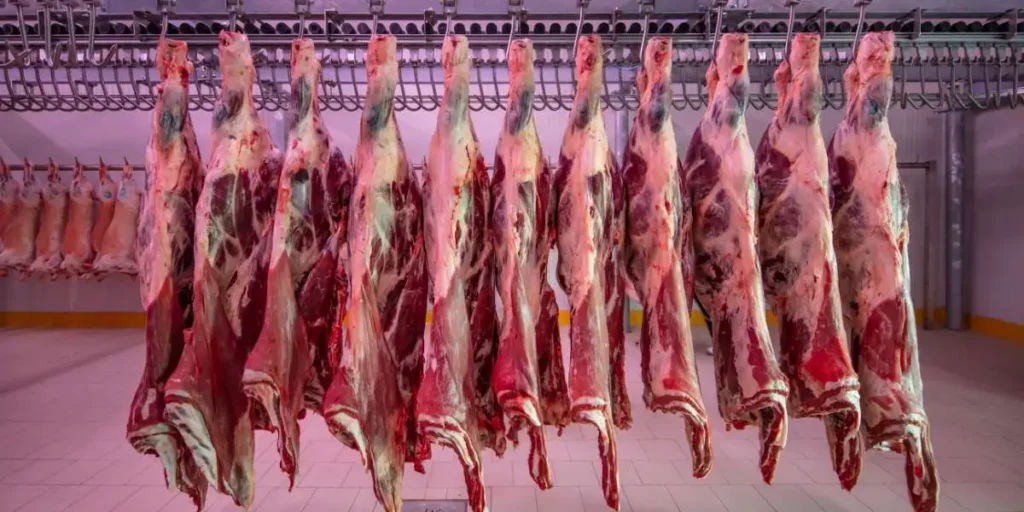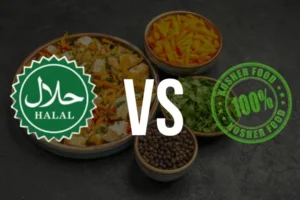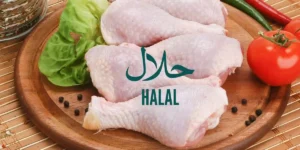If you’re a foodie or just curious about different eating practices around the world, you’ve probably heard of Halal meat . But what exactly does this term mean and why has it been increasingly discussed? In this article, we will explore in detail the universe of Halal meat, from its origin and meaning to the principles that govern its production and consumption. Get ready for a fascinating journey that will enrich your knowledge of this important gastronomic tradition.
What is Halal Meat?
Understanding the Fundamentals
The word Halal has Arabic origins and means “permitted” or “lawful”. In the Islamic religion, Halal meat refers to Animal Proteins permitted according to the laws and principles of Islam. These principles are established by the Quran and the tradition of the prophet Muhammad, and aim to guarantee the purity and quality of the food consumed by followers of this faith.
For meat to be considered Halal, it is necessary to follow a series of specific guidelines throughout the production process, from slaughter to distribution. This includes not only technical aspects, but also ethical and religious issues involving the way animals are treated and sacrificed.
The Principles of Halal Slaughter
Halal slaughter is a carefully regulated practice designed to minimize animal suffering and ensure its rapid and humane death. Some of the fundamental principles of this process include:
- Mention of Allah’s name : Before slaughter, it is traditional for Allah’s name to be mentioned to bless the animal and give thanks for the provision of meat.
- Use of a sharp blade : To ensure a precise and quick cut, it is essential that the blade used is sharp, so that the animal’s death is as painless as possible.
- Complete blood drainage : After slaughter, the blood must be completely drained from the animal’s body, as the ingestion of blood is prohibited in Islam
These principles not only reflect concern for animal welfare, but also have direct implications for the quality and food safety of Halal meat.
What are halal animals?
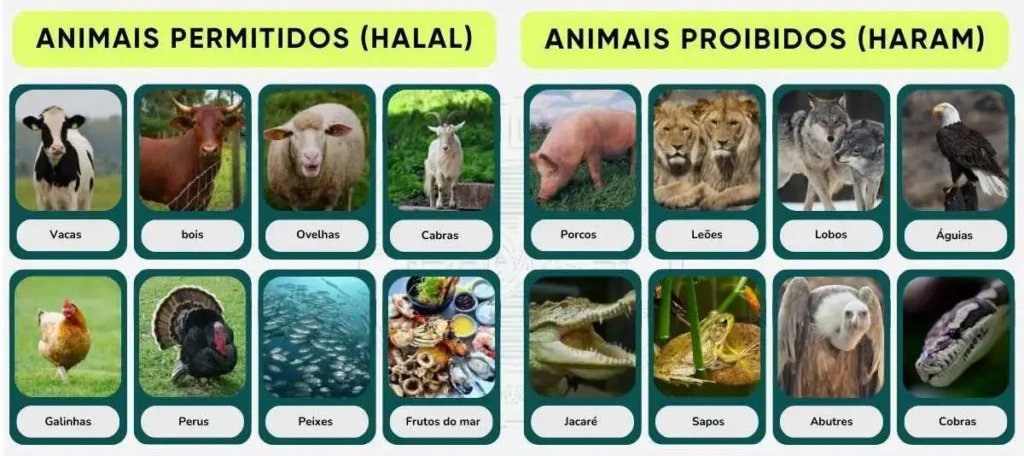
Animals Allowed (Halal):
In Islam, animals that were slaughtered in accordance with the principles established by Islamic law are considered Halal . That includes:
- Cattle : Cows, oxen and steers are permitted for consumption as long as they are slaughtered properly.
- Sheep and Goats : Sheep and goats are also considered Halal when slaughtered correctly.
- Poultry : Chickens, ducks, turkeys and pheasants are examples of birds permitted for consumption.
- Fish : Fish, shrimp and seafood are considered Halal and can be consumed by followers of Islam.
- Land Hunting : Some types of birds and mammals are permitted for consumption, as long as they are hunted and slaughtered in accordance with Halal principles.
Prohibited Animals (Haram):
On the other hand, there are animals that are strictly prohibited (Haram) in Islam, including:
- Pigs: Pigs and wild boars are considered unclean and should not be consumed in any way.
- Reptiles and Amphibians: All reptiles and amphibians are considered Haram in Islam.
- Carnivores and Predators: Animals such as lions, tigers, wolves and hunting dogs are prohibited for consumption.
- Birds of Prey: Eagles, falcons and vultures are among the birds prohibited for consumption.
- Insects and Pests: All types of insects and pests are considered Haram in Islam and should not be consumed.
This list highlights animals that can be consumed according to Halal principles and those that are prohibited under Islamic law, helping followers make food choices in accordance with their religious beliefs.
Why is Halal Meat Important?
Religious and Cultural Aspects
Halal meat plays a central role in the lives of Muslims around the world, not only as a source of food but also as an expression of their faith and cultural identity. For followers of Islam, consuming Halal food is not just a choice, but a religious obligation.
Furthermore, the practice of Halal slaughter is rooted in Islamic tradition and represents an important link with the teachings of the Quran. By following these principles, Muslims reaffirm their devotion to Allah and their adherence to religious precepts.
Quality Assurance and Food Safety
Although Halal meat is primarily associated with religious practice, it has also gained recognition for its rigorous quality and food safety standards. Due to carefully controlled slaughter methods and attention to detail throughout the production process, many consumers, regardless of their faith, choose Halal meat as they consider it healthier and more ethical.
How to Identify Halal Meat?
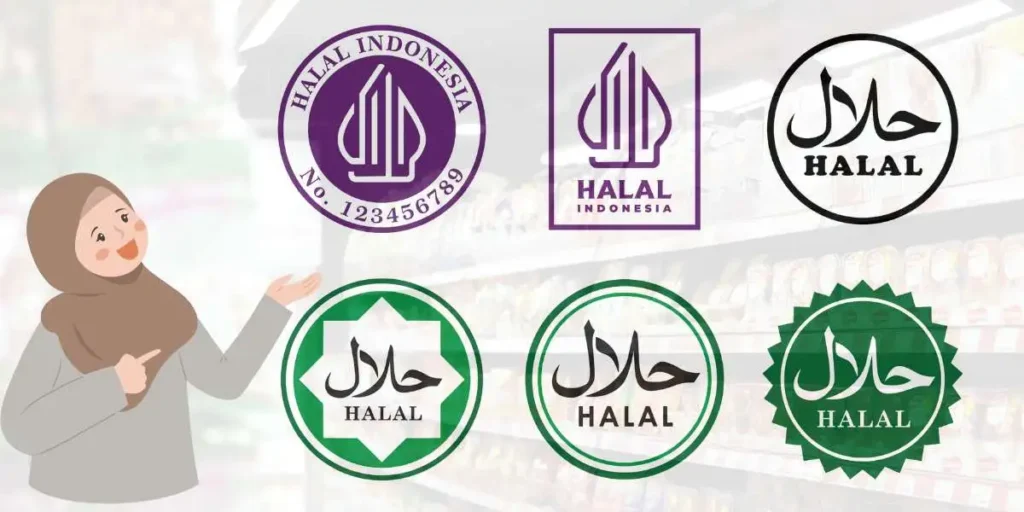
Certification Seal
A reliable way to identify Halal meat is through the Halal certification seal. This seal is issued by authorized organizations that certify that the meat production process followed all the guidelines and requirements established by Islam.
When buying Halal meat in supermarkets or butchers, look for this seal on the product packaging. This ensures that you are purchasing meat that has been produced according to Halal standards.
Supplier Information
If you cannot find the Halal certification seal , it is always recommended to ask the supplier about the origin and production process of the meat. Butchers and markets specializing in ethnic foods can often provide detailed information about the origin of the meat they sell.
Conclusion
Halal meat represents much more than simply a food option for followers of Islam. It is a manifestation of faith, a cultural tradition and a guarantee of quality and food safety for many consumers around the world. By understanding the principles and practices behind Halal meat, we can better appreciate its importance and value in the global food landscape.
We explore everything from the basics of Halal slaughter to the reasons why this practice is so meaningful to millions of people. So the next time you come across Halal meat on a menu or in the supermarket, remember the rich history and values it represents.

